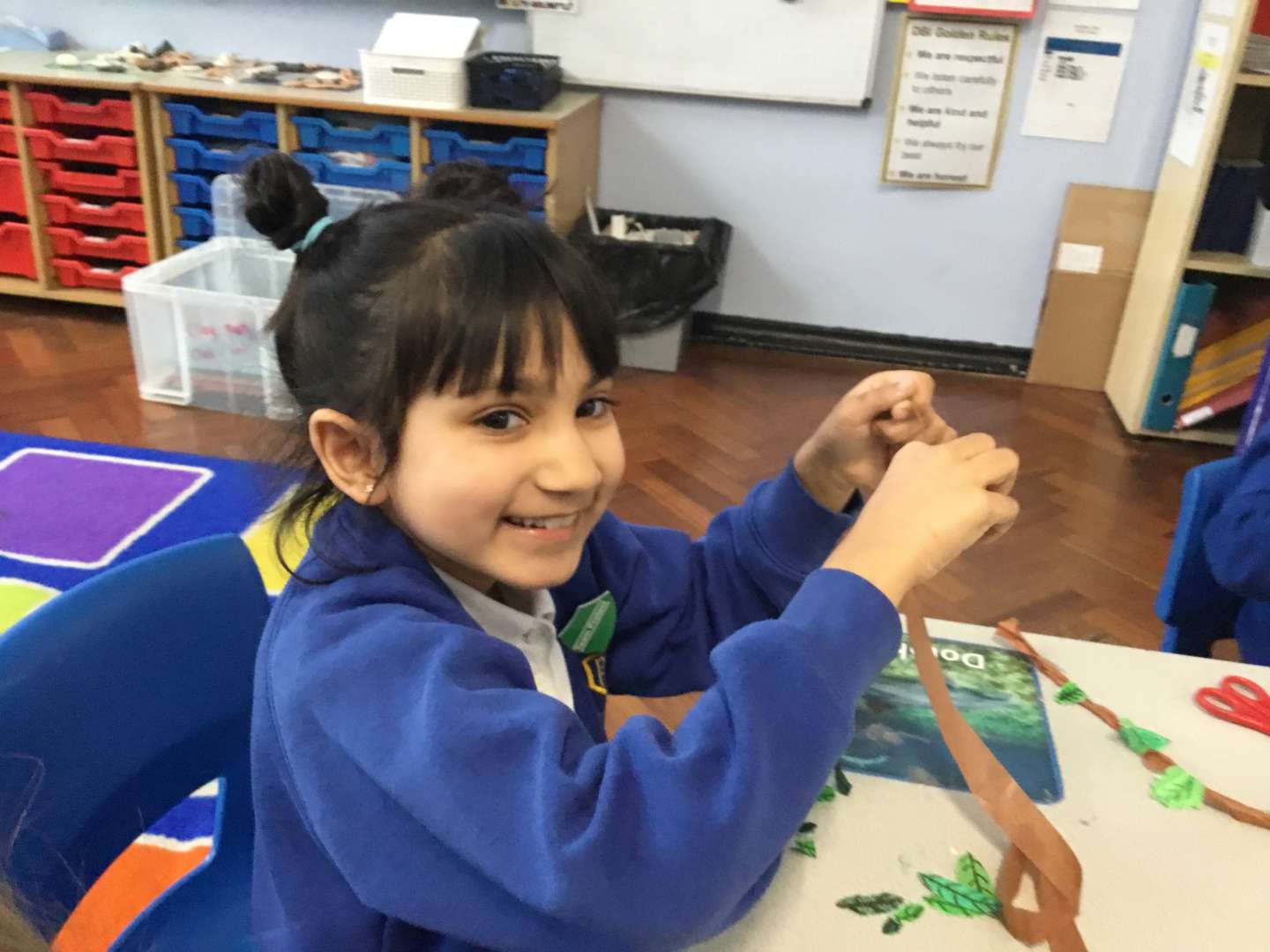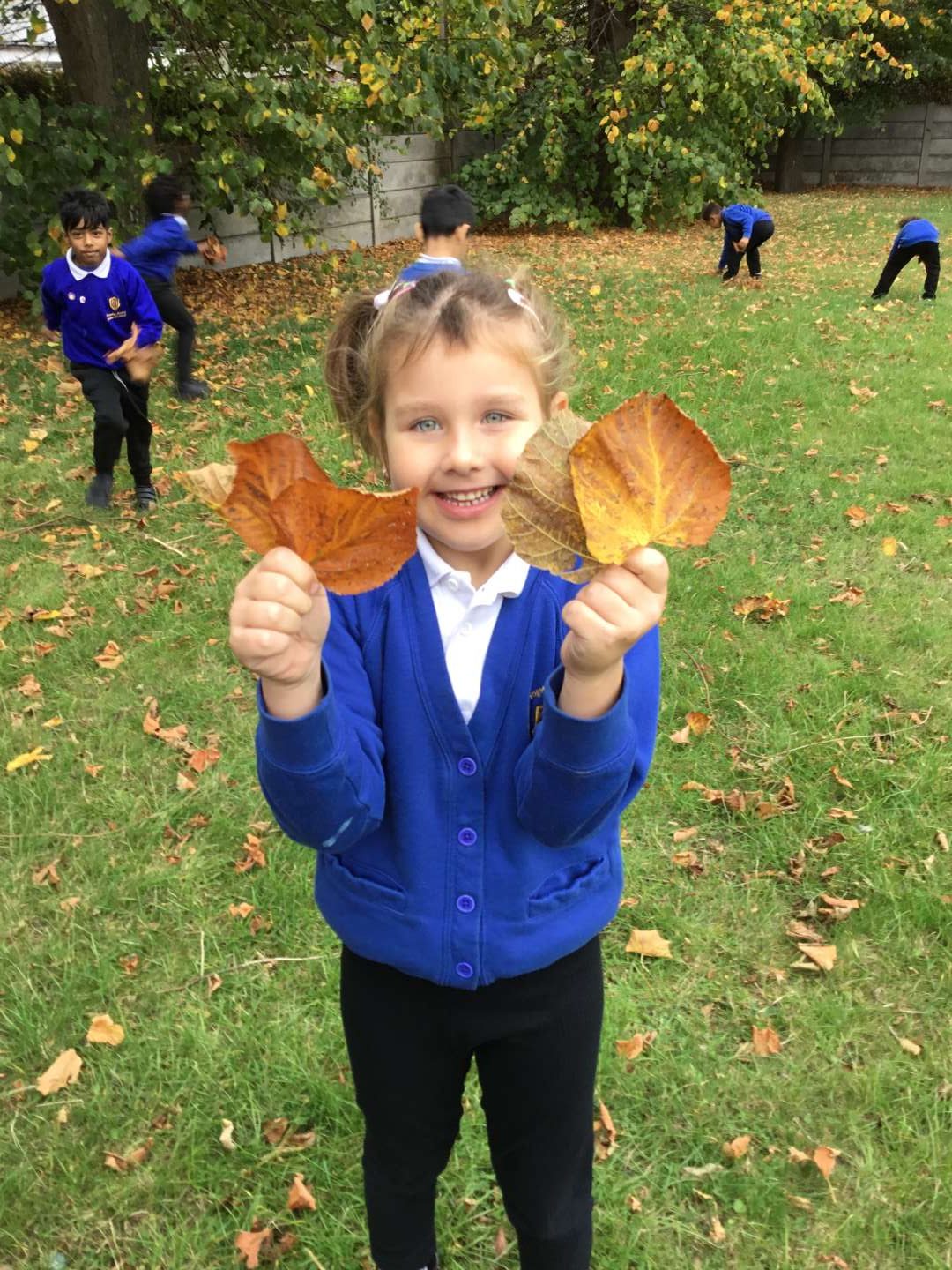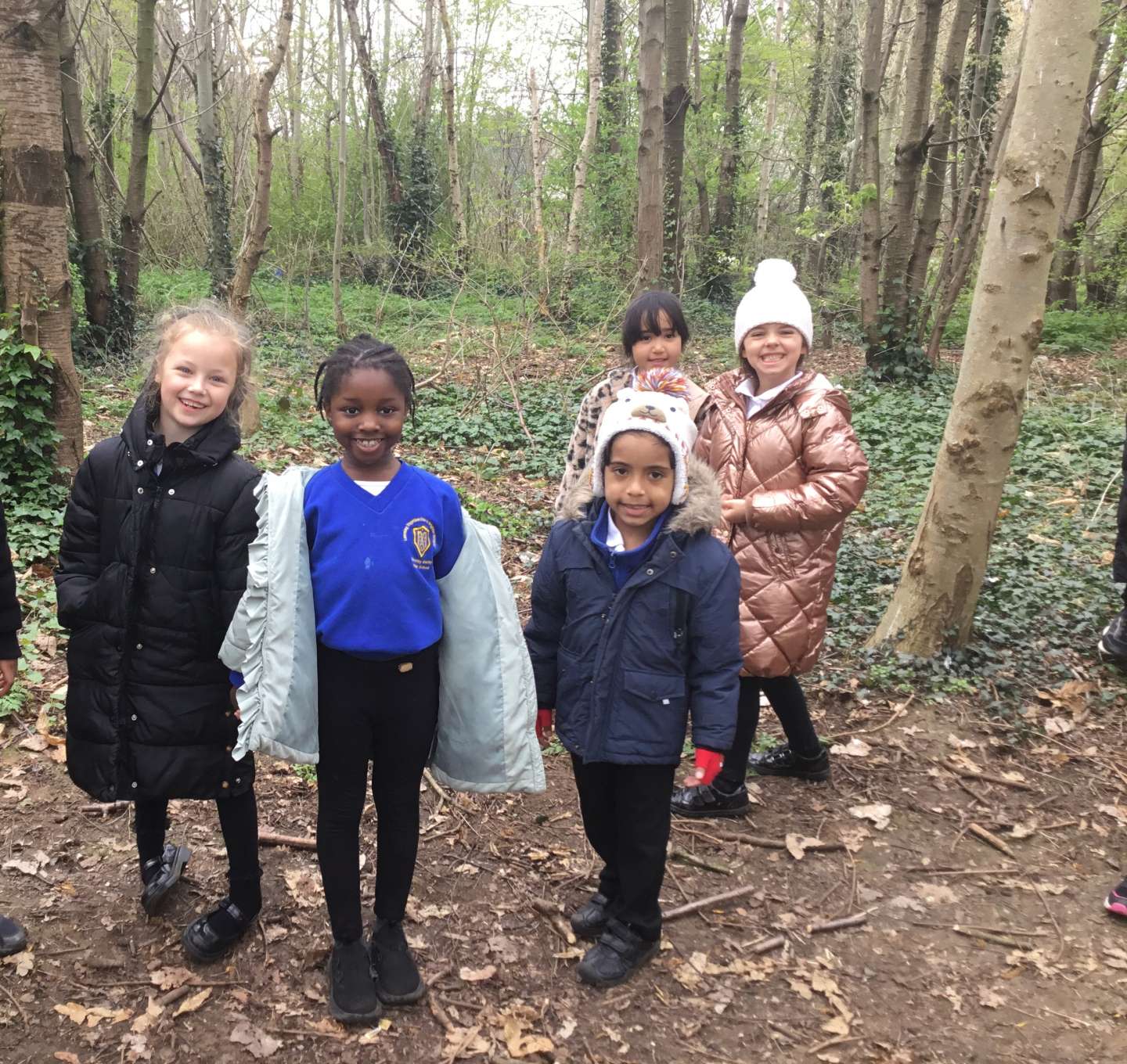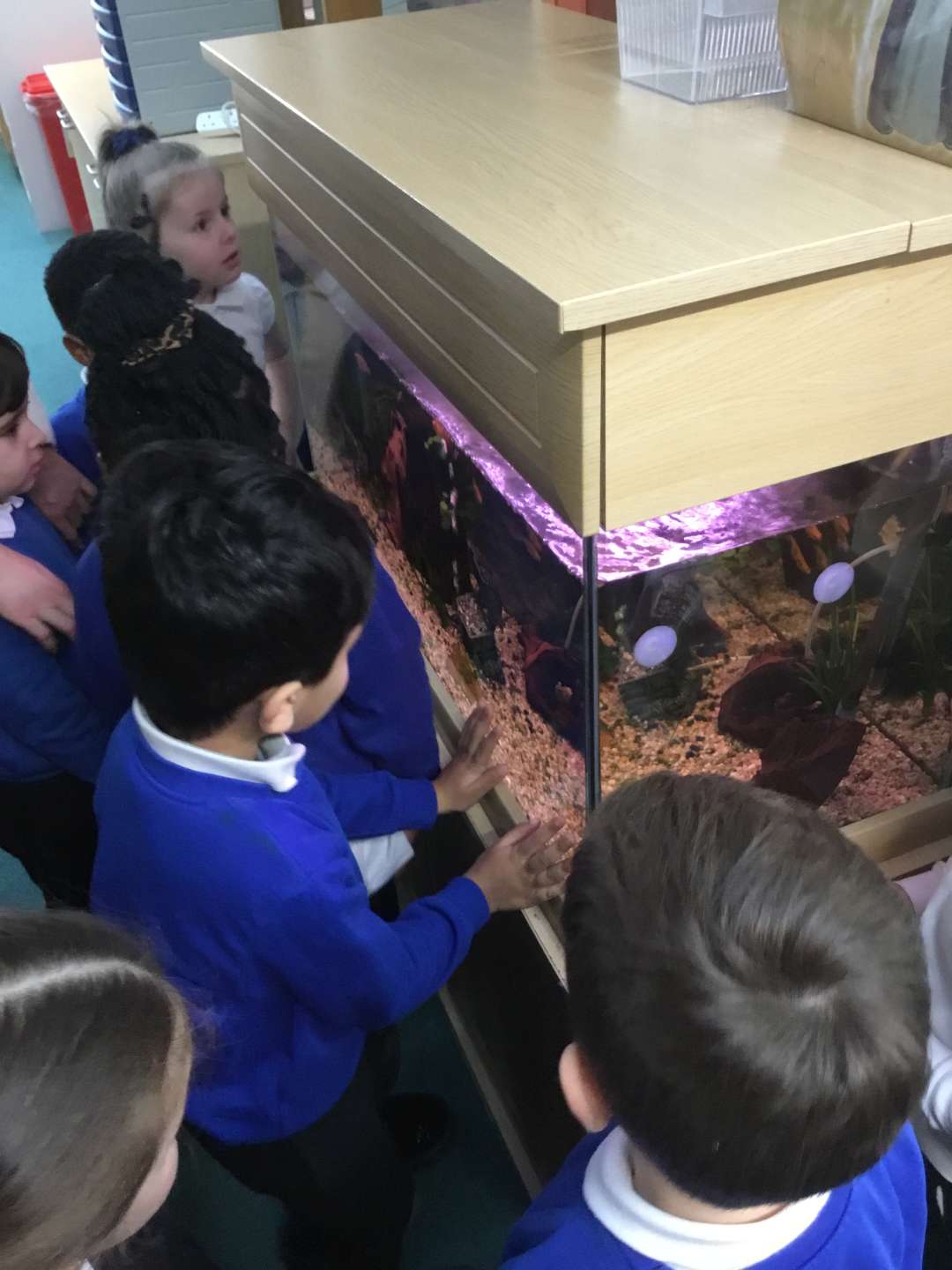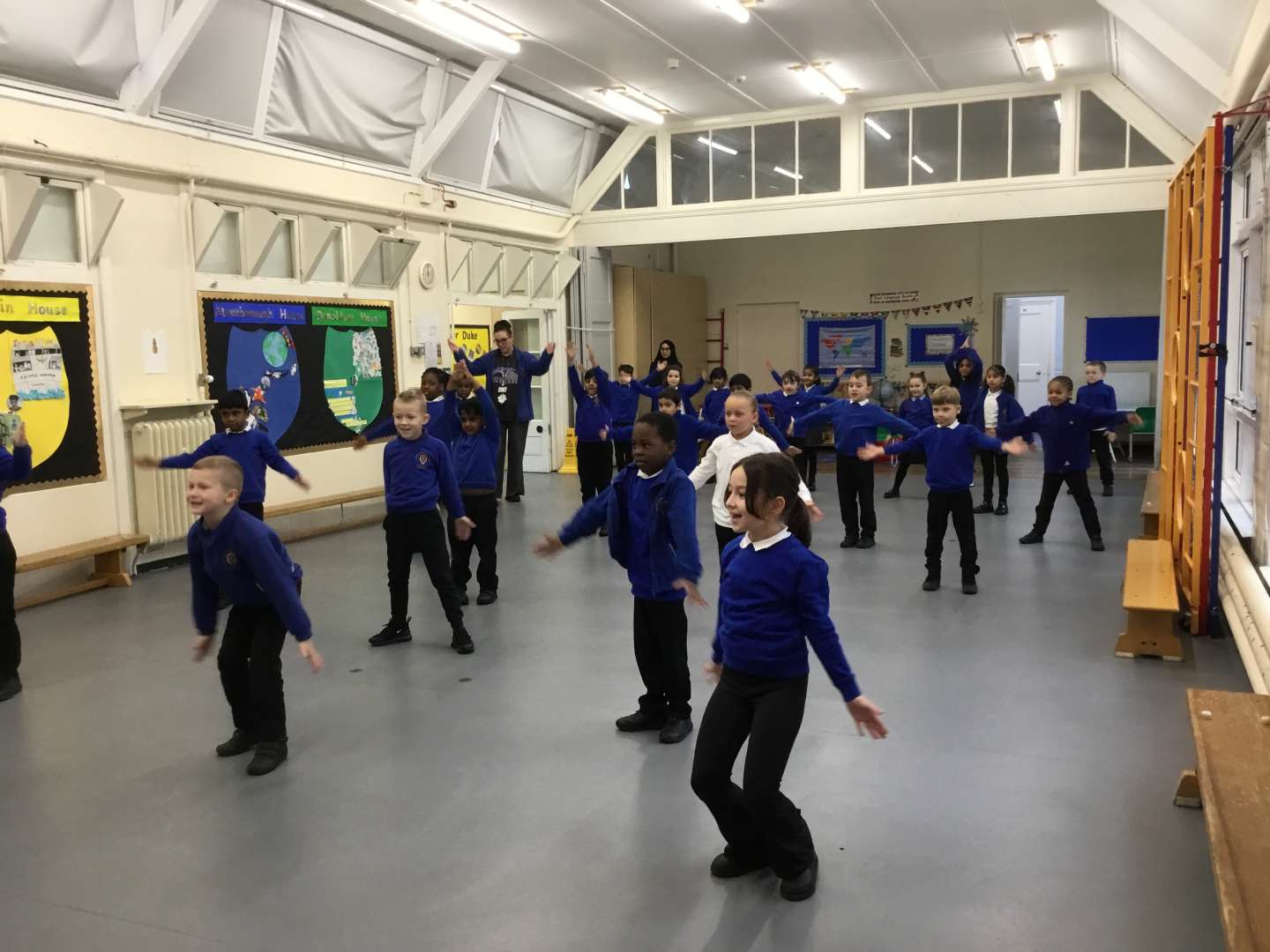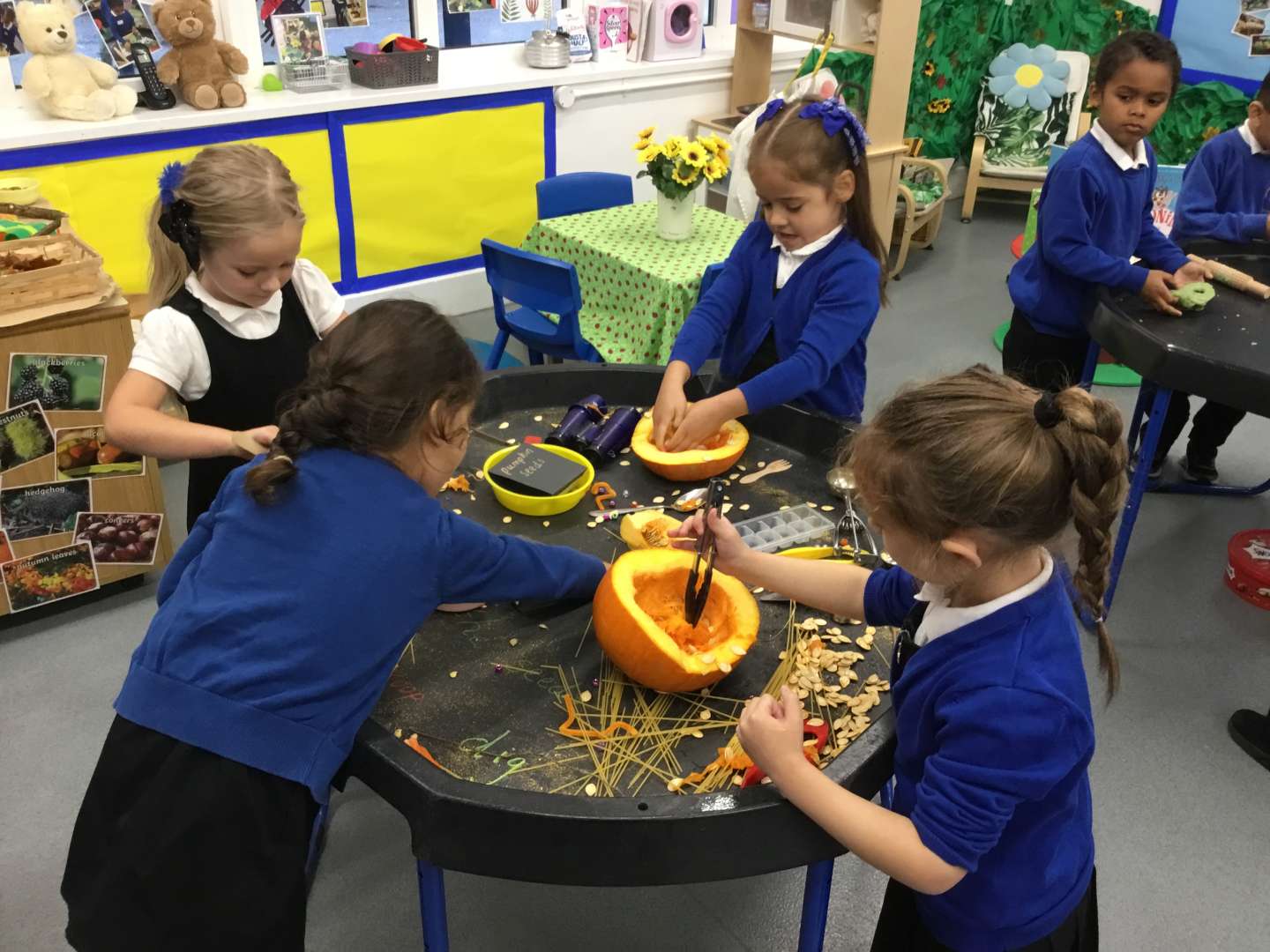Geography
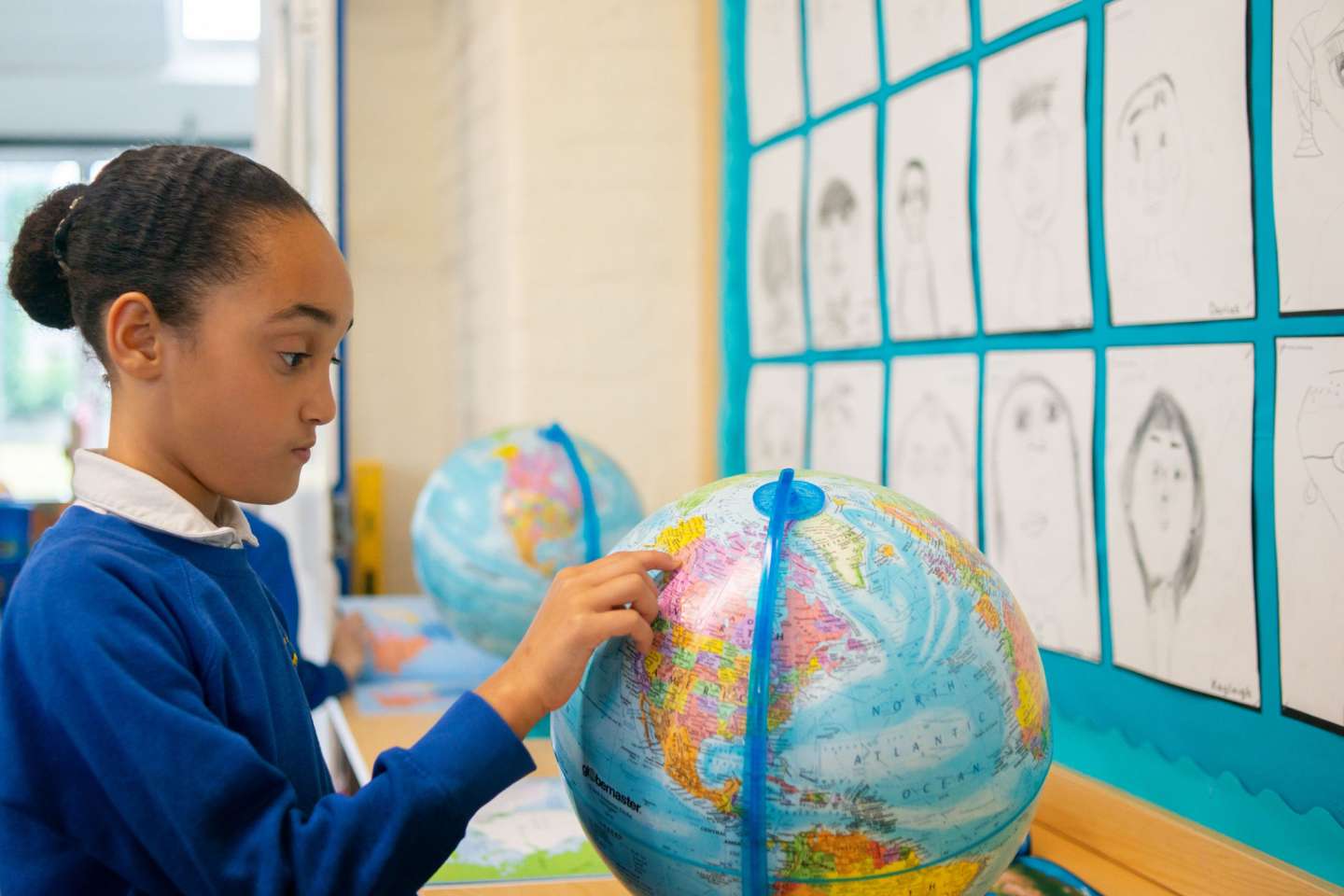
At Dorothy Barley Infant School, we believe that a high-quality Geography curriculum is based on active and hands-on experiences, nurturing curiosity about the world around us.
Intent
At Dorothy Barley Infant School, we believe that a high-quality Geography curriculum is based on active and hands-on experiences, nurturing curiosity about the world around us. Children are encouraged to develop a greater understanding and knowledge of the world, as well as their place in it, linking to the diverse community in which they live.
The curriculum is built around the four main areas: place knowledge, locational knowledge, human and physical features and geographical skills and fieldwork. In each of these areas we deliver a strong foundation of geographical skills and knowledge, preparing the children well for the Geography curriculum at Key Stage Two and beyond.
Geography At Dorothy Barley Infant School

Implementation
At Dorothy Barley School, our bespoke Geography curriculum consists of planned units of work structured around our ‘big questions’, developing geographical knowledge and skills in a carefully planned manner. Map work and field work are woven into our curriculum with many progressive opportunities to develop these core skills. Through the units of work, children are exposed to a range of backgrounds, cultures and locations across the globe, reflecting the diverse community within our school.
Geography at Dorothy Barley Infant School is split into four main areas of teaching: locational knowledge, place knowledge, human and physical geography and geographical skills and fieldwork. The curriculum is mapped out within these areas to ensure progression in knowledge and skills across the school. The content of each of the four areas of geographical teaching are in line with the National Curriculum and progress within the year groups to ensure that learning is deepened. In EYFS, Geography is taught through the strand ‘Understanding the World’.
Geographical vocabulary is carefully planned and taught in a progressive way across the school, including the language of geographical enquiry. Children learn to think and talk like geographers.
Sparking Curiosity – Our geography units are fully resourced to ensure children can explore the locations selected and the cultures of people around the world. High quality images and video clips are used to spark curiosity about the wider world.
Hands-On and Active Learning – Children have well planned opportunities to investigate and discover information from a range of geographical sources. All units of work are fully resourced with the geographical equipment necessary for hands on, enriched learning.
Independence – All units of work include planned opportunities for children to apply their knowledge and skills independently. This is especially true for fieldwork, where children create maps of unfamiliar locations by the end of Year 2
New Knowledge and Skills – The geography curriculum is sequenced progressively to ensure prior learning is referred to and built upon. Geographical locational and place knowledge, human and physical features and geographical skills and fieldwork are all embedded throughout and developed as children progress through the school.
Empowering Experiences – Our geography curriculum is enriched by a variety of different sources from outside school. Some units are focused on the local area, enabling children to gain first-hand experience. Children also access trips and workshops to enhance their geographical understanding.
Curriculum Planning
Early Years Foundation Stage
At Dorothy Barley Infant School, our bespoke curriculum for the Early Years Foundation Stage (EYFS) ensures strong foundations in geographical knowledge and skills. Using the Development Matters framework, we support children to make sense of the world around them in a way that sparks curiosity and discovery. Through hands-on exploration of resources, direct teaching and guided group work, children begin to understand their local environment, natural features and countries around the world. Our regular walks in the local area allow concepts such as human and physical geography to be introduced in an age appropriate way. Children are exposed to map making and discussion of the weather and seasons to introduce key concepts. These early experiences lay the groundwork for a deeper understanding of Geography in Key Stage One.
EYFS Natural World Progression Grid
Geographical Knowledge
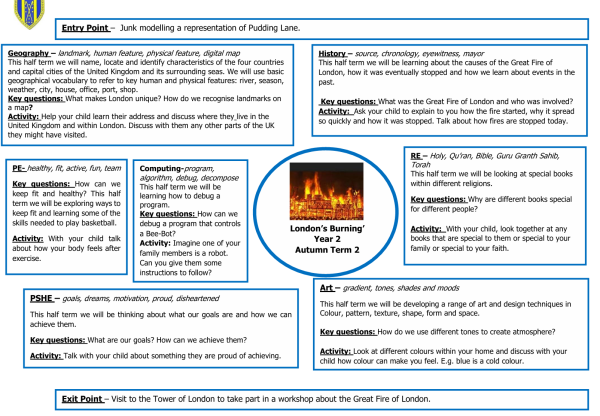
Our curriculum overviews detail the key Geography content required for each unit of work. These are shared with children and families at the beginning of each half term to help enhance learning.

